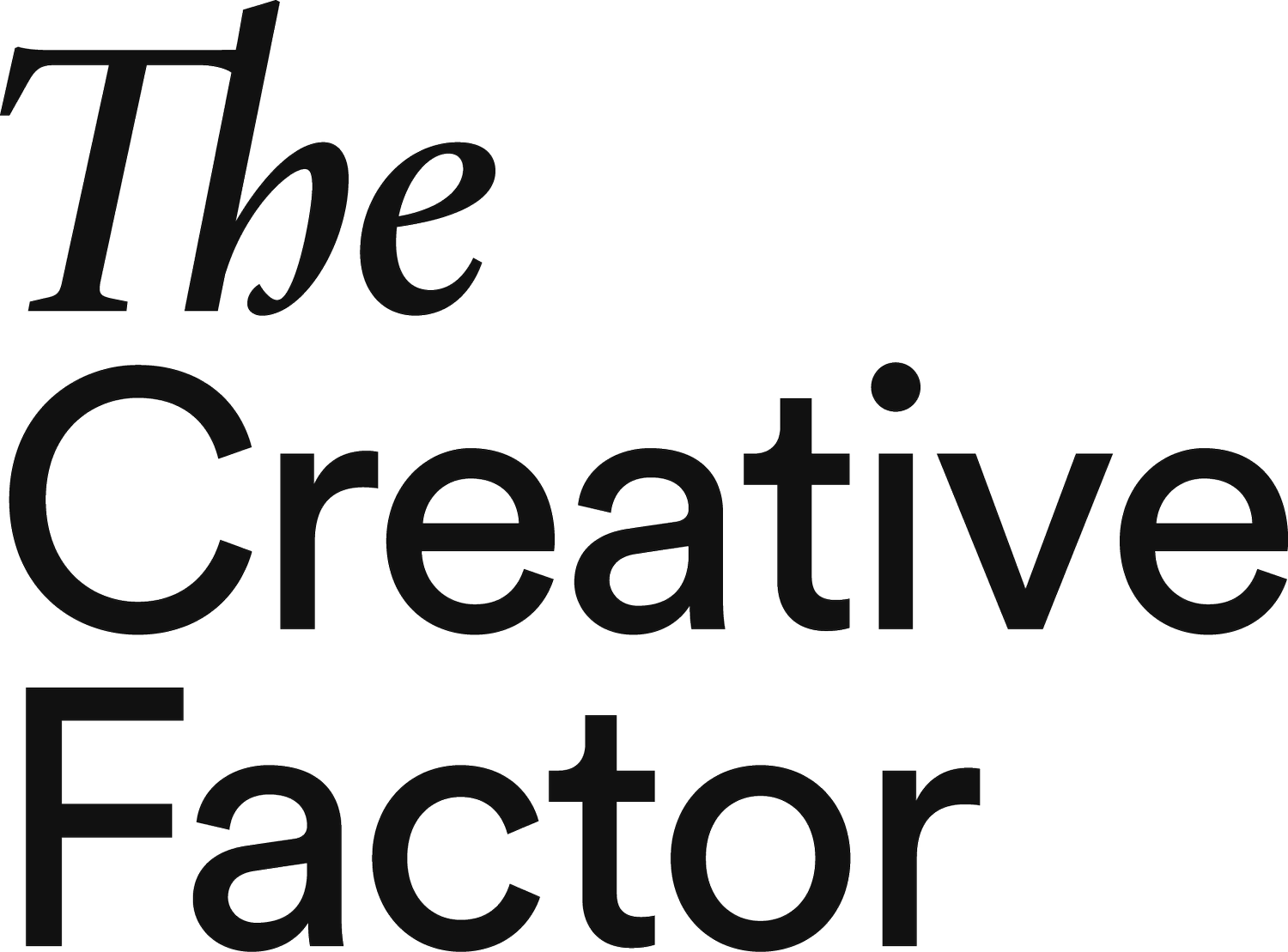The Creative Wisdom of Toni Morrison
Toni Morrison woke up every day before the sun to write. / Original portrait by Denver-based artist Thomas Evans for this Juniper Books set.
Toni Morrison, the Nobel laureate and Pulitzer Prize-winning novelist, always rose before the sun so that she could get an early start. For her, it was a time when everything was at its best.
During her early career as a college English professor, she wanted her students to know themselves at their creative best, too. She encouraged them to picture their ideal workspace: “What does the ideal room look like? Is there music? Is there silence? Is there chaos outside or is there serenity outside? What do I need in order to release my imagination?”
Morrison’s career path wasn’t a straight line. She wore many hats, sometimes pursuing theater, writing, publishing, opera, and teaching at the same time. Since she always worked a full-time job from 9-5 and raised two children on her own, Morrison never found herself with the time to write for hours on end, uninterrupted. “I had to write either in between those hours, hurriedly, or spend a lot of weekends and pre-dawn time,” she said in an interview with The Paris Review. Within those constraints, however, she made time in the early morning to put together one of the most influential bodies of work in American literature.
While Morrison died in 2019, her legacy lives on through her novels, stories, and essays, which span themes related to Black American experiences, dreams, and injustices. And they’re all from one writer, with one unique creative process. Here, we share her wisdom on writing and storytelling.
“Make up a story... For our sake and yours forget your name in the street; tell us what the world has been to you in the dark places and in the light. Don’t tell us what to believe, what to fear. Show us belief’s wide skirt and the stitch that unravels fear’s caul.” (The Nobel Lecture In Literature, 1993.)
“Definitions belong to the definers, not the defined.” (Beloved.)
“I never asked Tolstoy to write for me, a little colored girl in Lorain, Ohio. I never asked Joyce not to mention Catholicism or the world of Dublin. Never. And I don’t know why I should be asked to explain your life to you. We have splendid writers to do that, but I am not one of them. It is that business of being universal, a word hopelessly stripped of meaning for me. Faulkner wrote what I suppose could be called regional literature and had it published all over the world. That’s what I wish to do. If I tried to write a universal novel, it would be water. Behind this question is the suggestion that to write for black people is somehow to diminish the writing. From my perspective there are only black people. When I say ‘people,’ that’s what I mean.”
“We don’t need any more writers as solitary heroes. We need a heroic writers’ movement: assertive, militant, pugnacious.” (What Moves at the Margin: Selected Nonfiction, 2008.)
“It’s that being open — not scratching for it, not digging for it, not constructing something but being open to the situation and trusting that what you don’t know will be available to you. It is bigger than your overt consciousness or your intelligence or even your gifts; it is out there somewhere and you have to let it in.” (From an interview in O Magazine.)
“What’s the world for you if you can’t make it up the way you want it?” (Jazz.)
“I tell my students, ‘When you get these jobs that you have been so brilliantly trained for, just remember that your real job is that if you are free, you need to free somebody else. If you have some power, then your job is to empower somebody else. This is not just a grab-bag candy game.’” (From an interview in O Magazine.)
“There’s a line between revision and fretting, just working it to death. It is important to know when you are fretting it; when you are fretting it because it is not working, it needs to be scrapped.” (From an interview in The Paris Review.)
“I don’t believe any real artists have ever been non-political. They may have been insensitive to this particular plight or insensitive to that, but they were political, because that’s what an artist is — a politician.” (Conversations with Toni Morrison ed. Danielle Taylor-Guthrie.)
“If there’s a book that you want to read, but it hasn’t been written yet, then you must write it.” (From Morrison’s 1981 speech to the Ohio Arts Council.)
If you’d like to read more from Creative Factor, find our latest stories here. Or looking to tell your brand story? Introducing Creative Factor’s Storytelling Studio.

